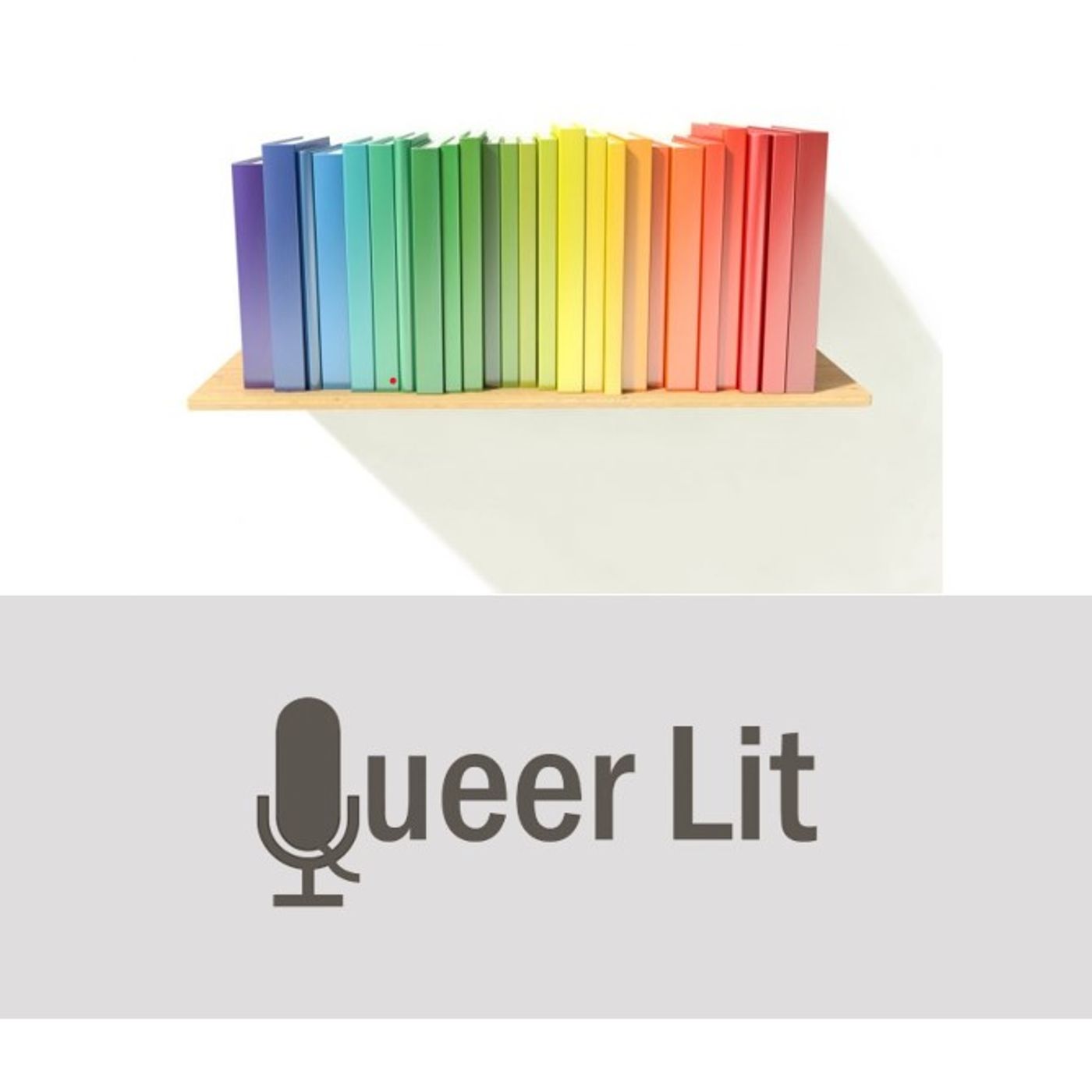Revisiting "Trans Now" with Susan Stryker
Description
Hold on to your pussyhats! The incredible Prof Susan Stryker joins me for this whirlwind through trans histories, nows, and futures, in which we talk about the power of narrative and affect in research and media and about what transness might teach us about possible ways of existing in the world. Susan shares rather entertaining insights from her ground-breaking publications and films, as well as the creative projects she is working on right now. We even get to hear about how she teaches a magnificent work of trans* literature we have discussed in Queer Lit episodes past…
Don’t wait for it! Listen now and follow @susanstryker, @lena_mattheis and @queerlitpodcast on Twitter, and @queerlitpodcast on Instagram.
Works by Susan mentioned:
https://www.susanstryker.net/
Transgender History: The Roots of Today's Revolution (Seal Press, 2017)
Screaming Queens: The Riot at Compton’s Cafeteria (with Victor Silverman, 2005)
“My Words to Viktor Frankenstein above the Village of Chamounix: Performing Transgender Rage” (GLQ, 1994)
Changing Gender: Memoir, History, Manifesto (working title)
Texts, people and quotations mentioned:
Janet Mock
“The Woman-Identified Woman” Manifesto
“The Lesbian is the rage of all women condensed to the point of explosion.”
Patricia Elliot
Lacan
Žižek
Teresa de Lauretis
Hyperobject
Anthropocene
Anna Tsing et al. (eds): Arts of Living on a Damaged Planet
Foucault
Christine Jorgensen
“Christine in the Cutting Room”
60 Minutes
Mike Wallace
Ornette Coleman
Wendy Carlos’ Switched-on Bach
Tape music
Shirley Clarke’s Ornette: Made in America (1985)
Free jazz
Jordy Rosenberg’s Confessions of the Fox (2018)
Jack Sheppard
Mack The Knife
Three Penny Opera
Nabokov’s Pale Fire
Junot Diaz
Amitav Ghosh’s River of Smoke
Freud
Deleuze and Guattari
Walter Benjamin’s Theses on the Philosophy of History and The Arcades Project
Berthold Brecht
Foucault’s Herculine Barbin
Jakob von Uexküll
Questions you should be able to respond to after listening:
How do affect and theory interact in Susan’s work?
How can trans* allow us to think about other systems (such as the state or the environment) in new, more open ways?
Are you familiar with any trans* figures from literature or history?
Which people from trans* history does Susan mention? Please pick one and find out more about them.
What is the special formal element Susan highlights in speaking about Confessions of the Fox? Can you connect this to her other thoughts on (media or literary) form and transness? How can the cinematic art of film cutting parallel transitions?
More Episodes
Have you thought to yourself recently: How come trans literature is having such a moment right now? Then this episode is for you. Sabine Sharp, editor of The Routledge Handbook of Trans Literature (2024), is joining me for a chat about the significance of trans literature today, as well as its...
Published 11/26/24
Published 11/26/24
How does your embodiment affect your perception and thus your writing? This is one of many questions Amber Jamilla Musser tackles in her most recent monograph, which builds on her brilliant work in Black feminism and queer femininity. Amber tells us how sensation and individual experience need to...
Published 11/12/24


